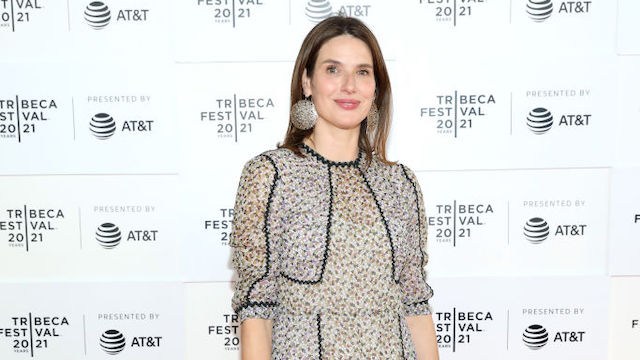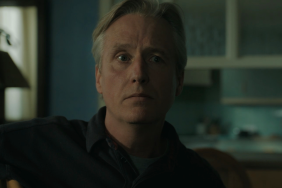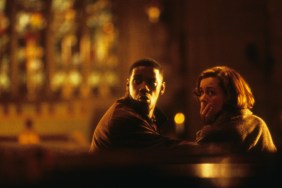Based on the Ubisoft virtual reality game of the same name, horror mystery film Werewolves Within is now available digitally. The whodunnit stars Sam Richardson, Milana Vayntrub, George Basil, Sarah Burns, and more as a series of murders take place in a small town. The film was directed by Josh Ruben from a script by…

20th Century Studios has officially changed the title for its upcoming Bruce Springsteen movie, which will be led by Emmy-winning…







